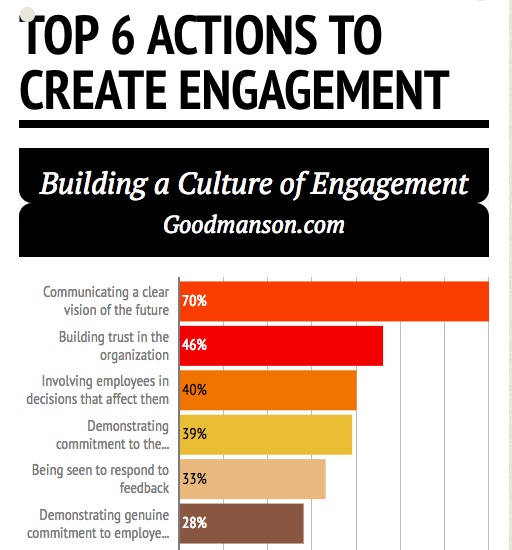I’ve been thinking about how the church raises generations of cultural christians. I saw a definition describing them as:
Most Christians would probably fit within the category cultural Christians. Their self-identification as “Christian” is more cultural and social than religious. These are people who might say that they were Äúborn Christian.Äù They are often born into ethnically conscious families and are therefore baptized, married, and buried in a particular church — but have little or no interest or concern about its teachings or the meanings of its practices. A relationship with God through Christ may be either non-existent or as a Refuge/Provider/Magician on an as-needed basis. Perhaps a code of etiquette is linked to their notion of Christianity. Cultural Christians serve on church councils, vestries, boards, and the like in the same spirit as they would perform any other volunteer service to a charitable organization.
Nevertheless, cultural Christians have an emotional commitment to their denominational or local church. Occasionally the emotions are of a love-hate quality. Among their primary concerns might be the social standing of a given denomination and the zip code of a specific congregation. When they attend Services (which might be weekly), it is out of habit or family obligation, not religious conviction. For them, being Christian is essentially a cultural identity and, selectively, a source of general human values; they may actually be quite secular or humanistic in their day-to-day thinking. Cultural Christians has analogous meanings among the categories cultural Catholics, cultural Episcopalians, cultural Baptists, cultural Jews, cultural Buddhists, et al.
ÄúNominal ChristiansÄù Äì Christians in name only Äì is a subset of cultural Christians. They rarely, if at all, worship with a congregation. In addition, they have a negligible emotional attachment to God through Christ, a denomination or a local church. 1
Does anyone else have any resources or comments about ‘cultural christianity’? I’m thinking of doing some writing on this topic.
Once upon a time there was a great religion that over the centuries had spread all over the world. But in those lands where it had existed for the longest time, its adherents slowly grew complacent, lukewarm, and skeptical. Indeed, many of the leaders of its oldest groups even publicly rejected some of the religion’s most basic beliefs.
I also ran into this article at Christianity Today. Here is an excerpt:
numerous national polls conducted by highly respected pollsters like The Gallup Organization and The Barna Group are simply shocking. “Gallup and Barna,” laments evangelical theologian Michael Horton, “hand us survey after survey demonstrating that evangelical Christians are as likely to embrace lifestyles every bit as hedonistic, materialistic, self-centered, and sexually immoral as the world in general.”1 Divorce is more common among “born-again” Christians than in the general American population. Only 6 percent of evangelicals tithe. White evangelicals are the most likely people to object to neighbors of another race. Josh McDowell has pointed out that the sexual promiscuity of evangelical youth is only a little less outrageous than that of their nonevangelical peers. (article)
The article goes on to discuss the status of christianity in America.

